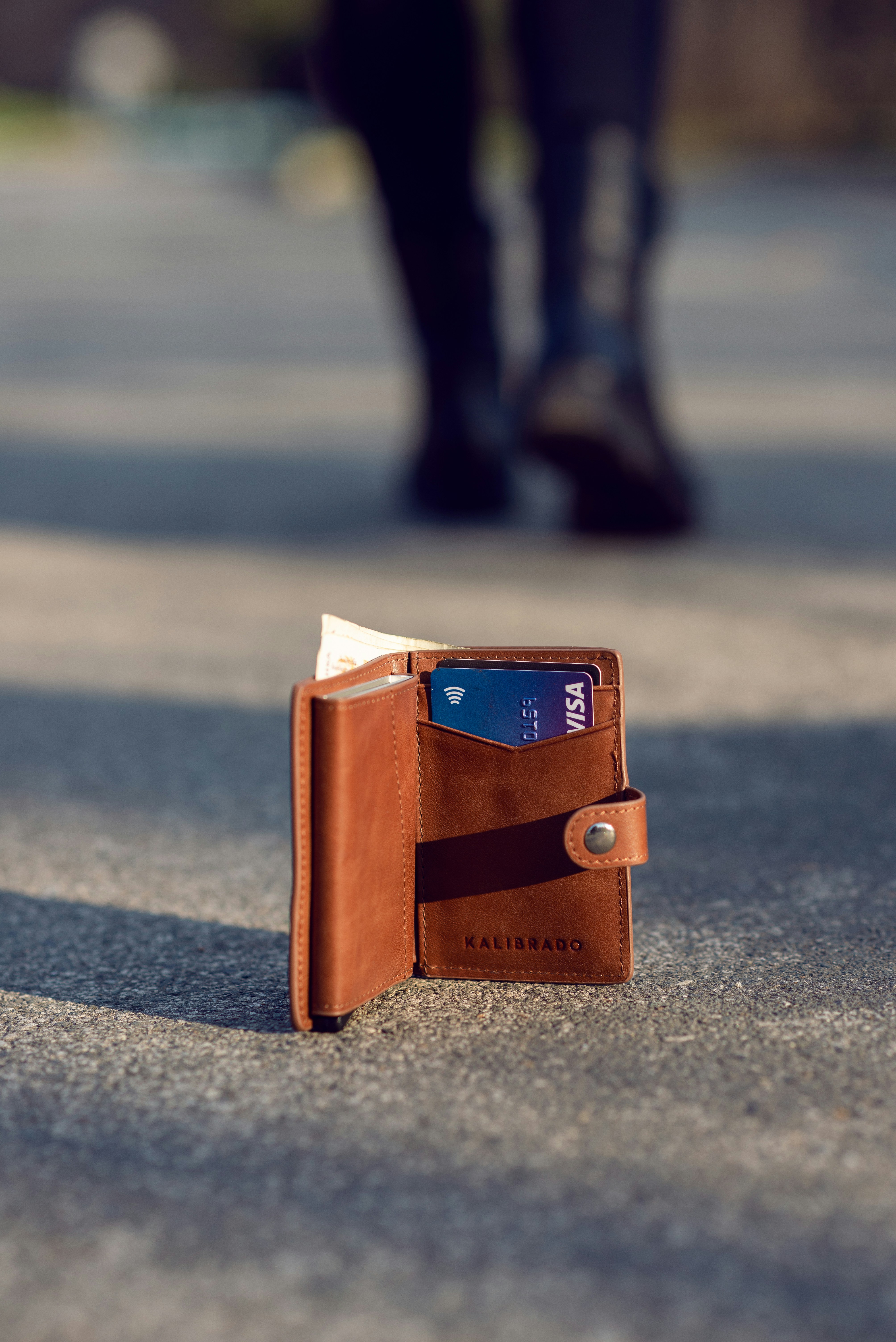Losing your wallet in a foreign country can turn an exciting adventure into a daunting ordeal. Here’s an expanded guide with examples to help you navigate this challenging situation.
Step 1: Create a Detailed Checklist
As soon as you realize your wallet is missing, write down everything you can remember that was in it. For example, list your credit and debit cards, driver's license, health insurance card, cash amount, and any important receipts or notes. This comprehensive list is your roadmap for recovery, ensuring you don’t overlook anything important in the stress of the moment.
Step 2: Prioritize Card Cancellation
Immediately cancel all your cards to prevent fraudulent use. For instance, if you had a Visa debit card from DBS Bank, you would call DBS's 24-hour hotline or use their mobile app to lock your card. After securing your accounts, contact the card issuers for replacements and update your billing information for any automatic payments or subscriptions.
Step 3: File a Police Report
Filing a police report is crucial, even if recovery chances are slim. Let’s say you’re in Tokyo and don’t speak Japanese. Find a local police station or tourist help center where English assistance is available. A police report is often required for insurance claims and can assist in case your wallet is found.
Step 4: Seek Help at the Embassy
If you’re facing language barriers or other difficulties, your embassy is a safe haven. For example, the Singapore Embassy in Paris can help you file a police report in French and guide you in replacing a lost passport. Embassies also offer advice on local services and emergency contacts.
Step 5: Contact Your Insurance Company
Reach out to your travel insurance provider with your police report details. Suppose your policy is with NTUC Income; you would need to inform them about the incident and provide necessary documentation within the specified timeframe, often within 24 hours of the event.
Step 6: Secure Emergency Funds
In case you need immediate cash, check if your bank has a local branch. For example, if you bank with HSBC, you might access emergency funds from their international branches. Alternatively, contact friends or family for a wire transfer. If these options aren’t viable, seek assistance from local hostels or religious organizations which sometimes offer help to travelers in distress.
Bonus: Preparing for Future Trips
Diversify Your Cash: On your next trip, keep a small amount in your wallet, a hidden stash in your carry-on, and the bulk of your cash securely in your checked luggage. For example, carry $50 in your wallet, $200 in your carry-on, and the rest in your luggage.
Online Credit Card: Maintain a separate credit card for online transactions. For instance, use a Citibank card exclusively for online bookings while keeping it at home, ensuring you have a backup payment method.
YouTrip Mastercard: Sign up for a service like YouTrip, allowing you to pay in multiple currencies without worrying about exchange rates. For example, top up SGD in your YouTrip wallet and spend effortlessly in euros, yen, or dollars, enjoying competitive exchange rates.
By following these detailed steps and preparing adequately for future travel, you can significantly reduce the stress and impact of losing your wallet overseas. Remember, proactive measures and quick responses are your best defenses against the challenges of such unexpected situations.















